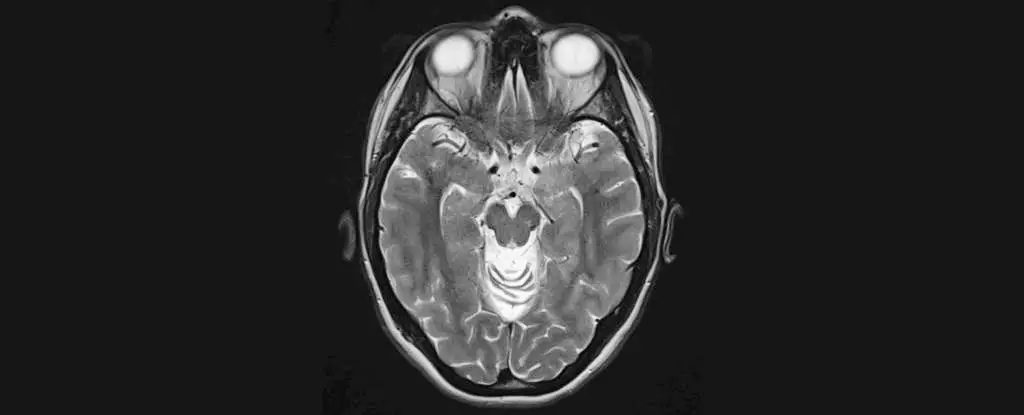Receiving a diagnosis of Alzheimer’s disease can be a frightening experience, with many patients and caregivers alike unsure of what the future may hold. However, a recent study has brought a glimmer of hope by introducing a new tool that can forecast the cognitive decline over the next five years for patients exhibiting early signs of Alzheimer’s. This tool has been developed by a team of experts who meticulously studied real patients to create a predictive model that sheds light on what to expect from the disease.
The study involved 961 patients, with an average age of 65, 651 of whom had mild dementia and 310 with mild cognitive impairment. All patients had amyloid beta plaques in their brains, a hallmark of Alzheimer’s disease. Through careful analysis of MRI scans, biomarkers from cerebrospinal fluid, and other factors like age, gender, medical history, and cognitive test scores, the researchers were able to create a model that predicts the progression of the disease. Patients with mild cognitive impairment started with an average test score of 26.4, which declined to 21 after five years. In contrast, patients with mild dementia saw a much faster decline, dropping from 22.4 to 7.8 in the same time frame.
The study also considered the effects of medication on the rate of decline. By taking medication that reduces decline by 30 percent, patients could potentially delay the onset of moderate impairment. For instance, a patient with mild cognitive impairment and a baseline score of 28 could reach moderate impairment after six years without medication, compared to 8.6 years with treatment. Similarly, a patient with mild dementia could delay reaching moderate impairment by 30 percent with medication.
While the findings of the study show promise in providing more insight into the progression of Alzheimer’s disease, there are challenges ahead. The models created by the researchers can contribute to informed discussions between doctors, patients, and families regarding treatment options and expectations, but they also highlight the difficulty in making accurate predictions due to the variability in individual cases. Despite this, the researchers aim to refine their model further to improve the accuracy of their predictions.
Looking ahead, the researchers hope to expand their research to include more parameters that can provide a more tailored and accurate prognosis for patients with Alzheimer’s disease. By addressing questions about quality of life and daily functioning, the aim is to give patients and their loved ones a clearer picture of what to expect as the disease progresses. Ultimately, the goal is to use these prediction models to enhance the quality of care and support provided to individuals with Alzheimer’s disease.
While the road ahead may be uncertain for individuals diagnosed with Alzheimer’s disease, the development of prediction models offers a glimpse of what the future may hold. By combining medical expertise with advanced technology, researchers are paving the way for more informed decision-making and personalized care for those affected by this challenging condition.



Leave a Reply